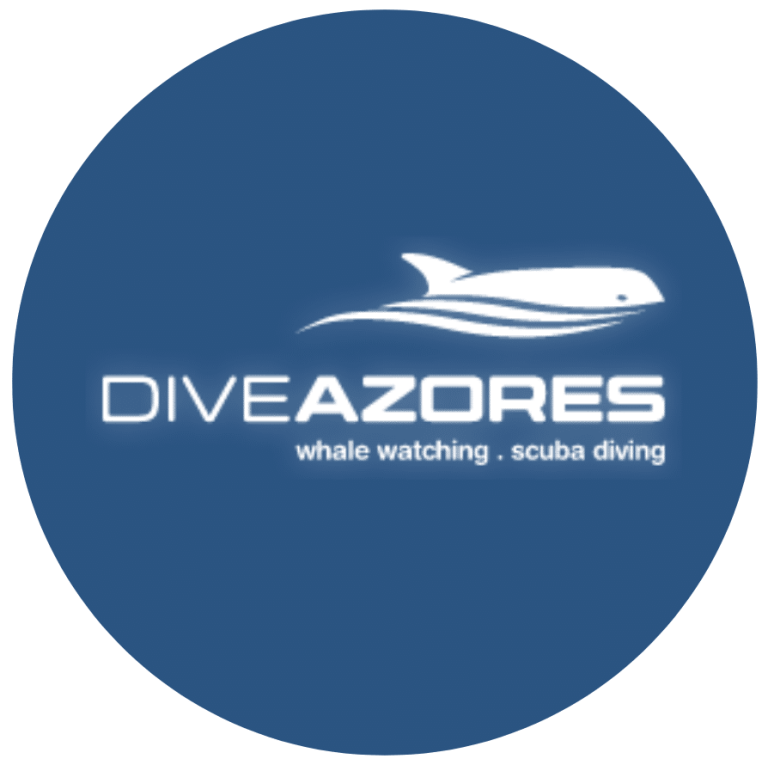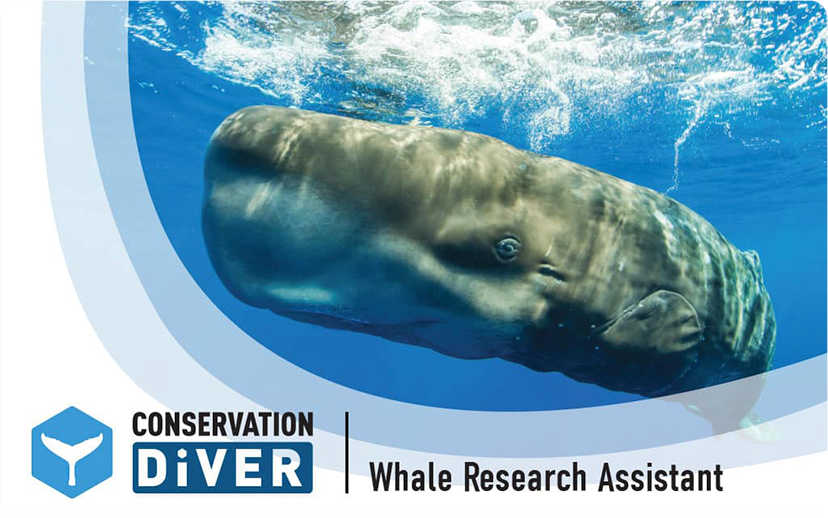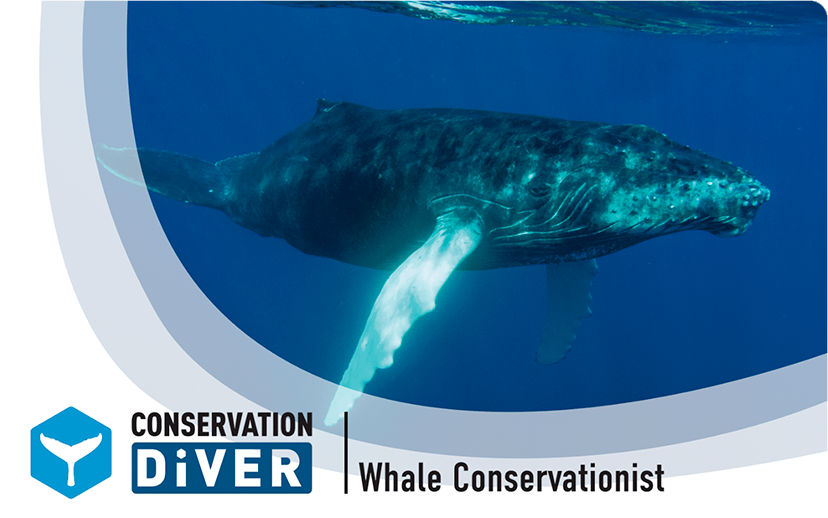PORTUGAL
Dive Azores
The Azores, located approximately 1,360 km west of Portugal in the Atlantic Ocean, constitute a remote archipelago celebrated for its extraordinary biodiversity. With around 900,000 square km of marine reserves, the region is a haven for marine life, attracting over 25 species of whales and dolphins—comprising about 30% of known cetacean species. The deep waters near the islands and the abundance of food make the Azores a prime destination for both resident and migratory whale populations.
Dive Azores, with a strong history of environmental initiatives, has been actively involved in shark and cetacean research. Since 2020, Conservation Diver Board member George Bevan has collaborated with Dive Azores on Faial island to introduce Conservation Diver Certification courses. The objective is to promote research-led scientific tourism in the region. The newly established Conservation Diver center in the Azores will not only offer specialized whale monitoring and conservation programs but also develop additional courses tailored to the unique environmental characteristics of the area, contributing to the conservation efforts and scientific exploration of the Azorean marine ecosystem.
Training Center Offering
Whale Conservationist
This course is aimed at whale enthusiasts and conservationists who are interesting in getting more out of whale watching by gaining a greater understand about whale identification and worldwide conservation and research initiatives. This is the first step in understanding the work of marine biologists and will introduce you the skills required to gather photographic and field data.
You will also learn about the culture, life history and ecology of whales as well as what makes the Azores such a hotspot for observations.
Whale Research Assistant course
This course is designed for whale enthusiasts and those looking to pursue a career in whale conservation or academic study. It forms part of an immersive internship where you will obtain the skills required to assist a researcher on an observation vessel and to conduct scientific research in the field.
Your training will equip you with the ability to identify different whales and dolphins around the Azores, take scientifically significant photos to be used as part of population and migration studies and monitor behavioral data points to produce fully formed scientific outputs. You will learn to collate data in localized catalogues and how to partake in global citizen science databases.
Why take these courses?
By increasing awareness and involvement, we can decrease our impact on the oceans and whale society and help to provide solutions to protect and restore population in the Azores Archipelago region and around the world. The most successful projects to conserve the worlds oceans have stemmed from passionate individuals and action orientated groups and communities, not governments or policy makers. We hope to continue in this tradition and do what we can to protect the environment we live in and are part of.
Funds raised from this course will also help support the ‘Whales Project Azores’ a program run by marine biologists who have been conducting whale photo ID studies in Azores for over 15 years, which focuses mainly on the individual identification of blue (Balaenoptera musculus) and sperm whales (Physeter macrocephalus). This project runs all year round and so funds made during high season can be used to complete monitoring excursions even when there isn’t tourism, so that we can have the most complete and useful monitoring data as possible.
When To Come
Whale Research Season is March-September of each year. Diving courses will be offered June-September








